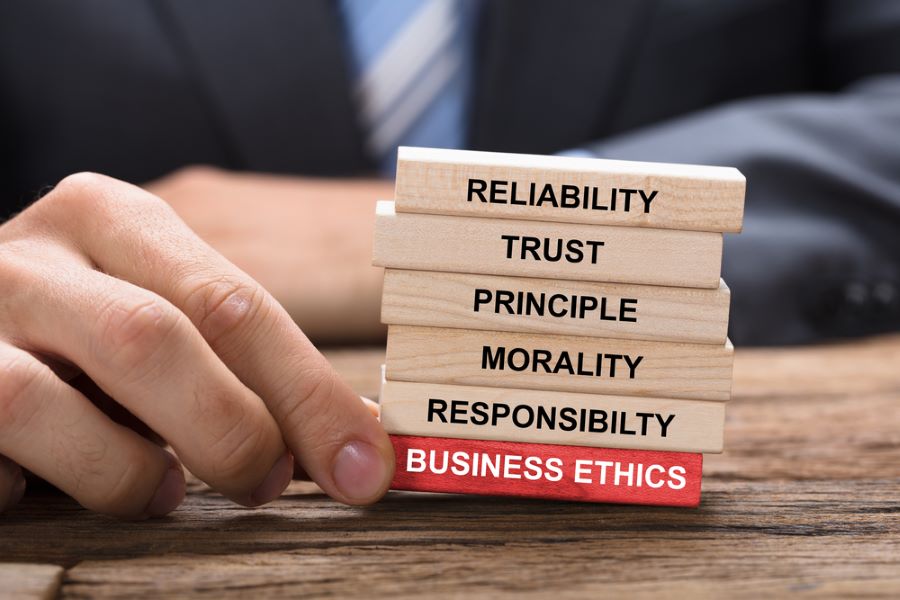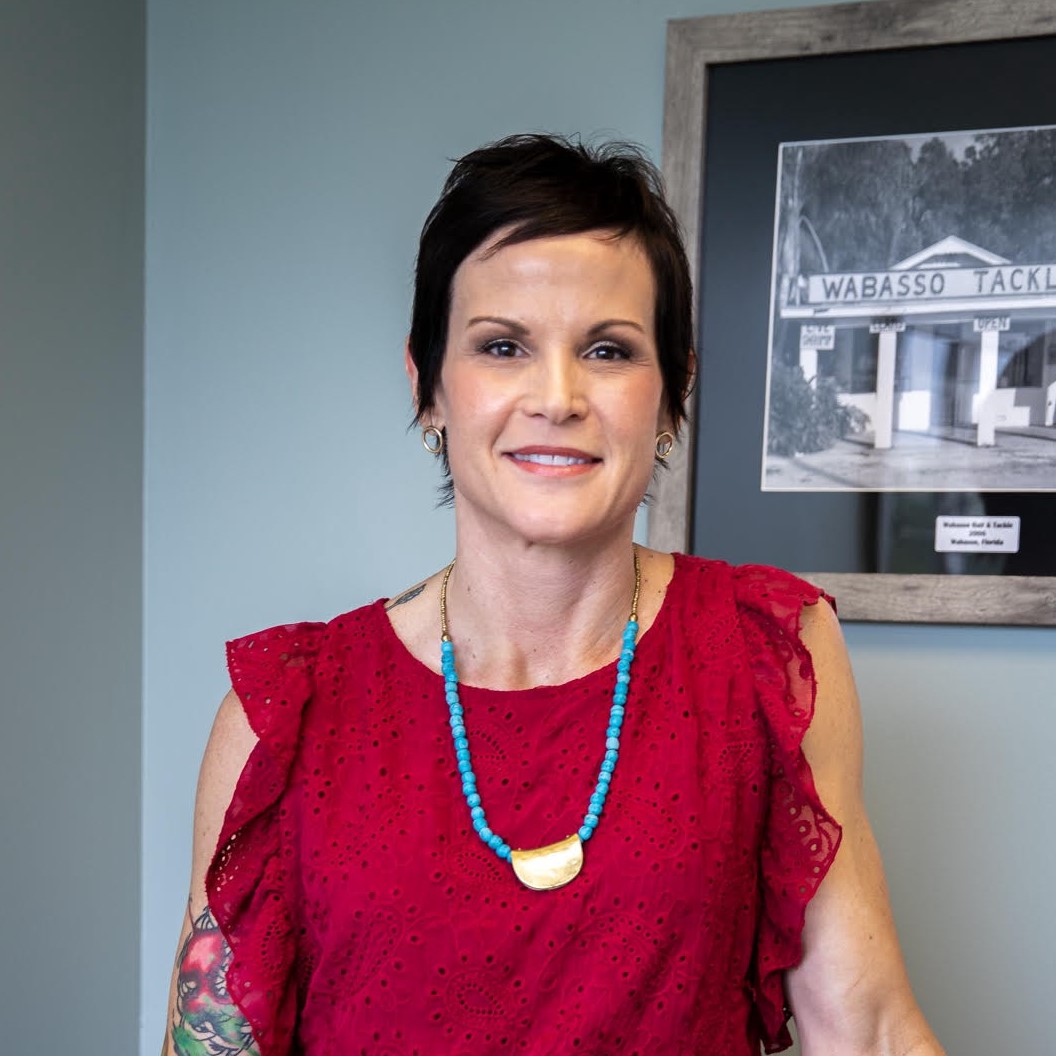Being authentic in business could mean the difference between gaining or losing a customer. The word “authentic” is an obvious one. It essentially means real, true, genuine. So, you would think that our very existence as we live and breathe suggests we are authentic. But being authentic is more than just being alive and running a company. It is not a programmable or automatic state of being. You have to work at it, especially when it comes to your business. Some of us may have to work on it more than others, especially if you aren’t necessarily living your dream.
Authenticity is magnetic
In my recent interview with Grant Aldrich, CEO of OnlineDegree.com, being authentic has the power to pull others toward you. “Authenticity is magnetic,” he said. If you are passionate about what you do, you will more likely be yourself. This simple form of authenticity will bring employees and others closer to what you are trying to achieve. But being authentic or true to yourself takes self-awareness.
Self-awareness
Sound easy? If you think about all that leaders are trying to accomplish on a daily basis to run their business, being aware of oneself can get buried. Yet self-awareness is a crucial ability if you’re leading a company. In a Harvard Review article, Discovering Your Authentic Leadership, self-awareness was stated as “the most important capability for leaders to develop.” This was almost unanimous among 75 members of the Stanford Graduate School of Business Advisory Council.
Grant knows all too well what self-awareness means. It took a brush of death to bring him to the point of needing to rediscover himself. He then created OnlineDegree.com by taking the passion he had for making college affordable for everyone and turning it into a successful company. The fulfillment of his own purpose was a world-changing dream that to this day motivates him in business. He is now helping others to achieve their own dreams through affordable education.
Personal considerations
“Know thyself” is not only advice from ancient Greece, but to Grant is a requirement for entrepreneurs. This self-awareness is seeking out that which makes you happy. It’s finding the right fit for starting a company based on personal preferences of time, obligations, personality, and more. Grant feels strongly that if you don’t consider these “personal considerations,” you may not determine the right type of business to lead. In his interview, he gave the example of starting a business that requires lots of employees. If you don’t love managing people, this type of business may not be right for you. This may explain why some restaurants give poor service.
Without authenticity in business, the decisions you make could negatively affect business growth and the otherwise support you would gain from employees, customers, partners, and even the media. For starters, you should ask yourself if your actions in business are based on who you are—your beliefs and values. Your actions need to be in sync with what’s important to you as a leader if you want to be sincere. And your business needs to follow suit.
Intertwine mission and methodology
So, what’s the secret to being authentic in business? According to Grant, you simply need to ensure that “your mission and methodology” are interconnected throughout the company. These values will be the guiding light for employees and should penetrate every facet of your brand. This authenticity will help in growing your business as you gain support among customers, clients, media, and others in the industry. Don’t put yourself in a three-piece suit if wearing a t-shirt and sandals is your thing. The fact that you won’t appear comfortable in a suit will show through. In Grant’s words, “make sure you choose a business that allows you to be you.” He is living his dream. But Grant feels strongly that company founders and entrepreneurs need a “strategy or philosophy to mentally cope” with the inevitable ups and downs. All because happiness is part of being authentic.
The trending of authenticity in business
The push for leaders to be authentic in business, although not new, seems to be gaining ground. Author Ryan Smerek, Ph.D. has recognized this trend, particularly when it comes to leaders. But oddly enough, according to his article in Psychology Today, What Does It Mean to Be Authentic, the concept of being authentic isn’t “incorporated into much of psychology.” He feels, however, that authenticity is worth taking a close look, especially at work.
So, what’s all the buzz about? Why is being authentic as a leader so important in today’s business climate? In their book, Authenticity Building a Brand in an Insincere Age, Mark Toft, Jay Sunny, and Rich Taylor give us a simple yet crucial answer. “Because the survival of your business depends on it.” Consumers, they explain, are lining up for brands that give a true picture of their offerings and what they stand for. They’re looking for products that have “real ingredients and genuine principles.” In 2015, for example, consumers pushed Pepsi to remove aspartame from its popular soda, Diet Pepsi.
Artificiality still dominates business
But according to Toft, Sunny, and Taylor, “artificiality rather than authenticity still dominates business and marketing.” Too many companies are telling the wrong story and use marketing tactics that don’t jive with their customers’ needs. Getting real and being sincere in practice is what companies should be focusing on. As an advertising professional myself, the goal of expressing truth and sincerity in ad copy is huge. But it’s more important for the brand to actually practice those values in their products and business dealings.
The art of sincerity in your message
If you’ve been in business for a while, you’ve probably experienced a time when the company’s message didn’t sound sincere. Apologies are a good example when it takes work to be sure you’re sending the right message that will resonate with customers and others. But turning that big ship around in business is not that easy. That’s where you, the business leader, comes in. It starts with you. Your passion and vision for the company should be what motivates your company to succeed.
Remember Grant’s message that being authentic is magnetic. Being authentic will pull your employees and customers closer as well as those who make a difference in your business. It’s up to you to set the stage for making authenticity a priority in what you do and say, so your business will follow.







